Photographs: Reuters BS Bureau
Facebook probably isn't interested in the money that WhatsApp makes from its downloads. It is interested in WhatsApp's users: 450 million mobile users.
For some time, the behemoth social networking website Facebook has been plagued by reports that it is losing its edge with younger users.
Given that explosive future growth is the source of its hefty valuation of $173 billion (Facebook trades at 50 times its 2014 earnings) as well as the fact that domination of user networks is how such websites can hope to make money, this has been a matter of concern for investors.
…
Facebook spends a fortune to recover younger users
Image: US President Barack Obama with Mark Zuckerberg in Palo Alto, California.Photographs: Reuters
Even US President Barack Obama, who relied heavily on Facebook for his insurgent campaign in 2008, has noticed, saying late last year in a chat with children that "it seems they don't use Facebook any more".
The numbers back up President Obama's assessment. Some estimates using comScore data suggest that Facebook's penetration among US college-going users (age 18 to 24 years) decreased by three percentage points just between February and November last year.
…
Facebook spends a fortune to recover younger users
Image: Mark Zuckerberg holds a gong at Facebook headquarters in Palo Alto, CaliforniaPhotographs: Robert Galbraith/Reuters
And the digital consultancy iStrategyLabs studied Facebook's social advertising platform to conclude that Facebook has 11 million fewer college- and high school-going users in 2014 than it did in 2011.
The slack has been picked up by other networks. Tumblr, for example, with its small, easy-to-link posts with high graphics content; Snapchat, which deletes posts and photos after a few seconds; Instagram, which allows users to manipulate and share photos; and, of course, Twitter.
…
Facebook spends a fortune to recover younger users
Image: Mark Zuckerberg.Photographs: Reuters
But Mark Zuckerberg of Facebook has something most of these others don't: a war chest. And thus the purchase, for $1 billion last year, of Instagram. And now the mammoth $19-billion purchase of the instant messaging service WhatsApp.
It's obvious, really, that Facebook is not paying for extra-special technology in buying WhatsApp. Other such SMS replacement services exist. Viber dominates West Asia, and was recently bought for $900 million by a Japanese online retailer. China uses WeChat. Japan uses Line.
…
Facebook spends a fortune to recover younger users
Photographs: Reuters
Eastern Europe uses Telegram. WhatsApp, however, has the largest user base, and is big in Western Europe, Africa and South and Southeast Asia. And it's the only one that charges user fees; the others get money from advertising or value-added services. But
Facebook probably isn't interested in the money that WhatsApp makes from its downloads. It is interested in WhatsApp's users: 450 million mobile users, about half of the number that uses Facebook's apps. And it's adding a million users daily.
Facebook wants those users. And so it paid for them - $19 billion, which comes to $42 (about Rs 2,600) a user. This is quite a lot; it's difficult to see how each WhatsApp user could eventually be worth that much to Facebook or its advertisers.
…
Facebook spends a fortune to recover younger users
Photographs: Reuters
When Viber was sold, its users were valued at $8.50 (about Rs 530) a user. Even if just the $4-billion cash portion of the Facebook-WhatsApp deal is examined, then Facebook paid more than that. And it's clear why: Facebook is desperate.
It can't afford to fall behind in terms of dominating the market - and demographics are against it.
Rather than organically growing its network with younger users, it needs to capture them outright - hence the purchase of WhatsApp. It's betting that smart integration of the two networks will follow and help it reverse its usage decline in the 13-21 age group. Facebook itself is 10 years old now; and it is spending money like water to stay young.

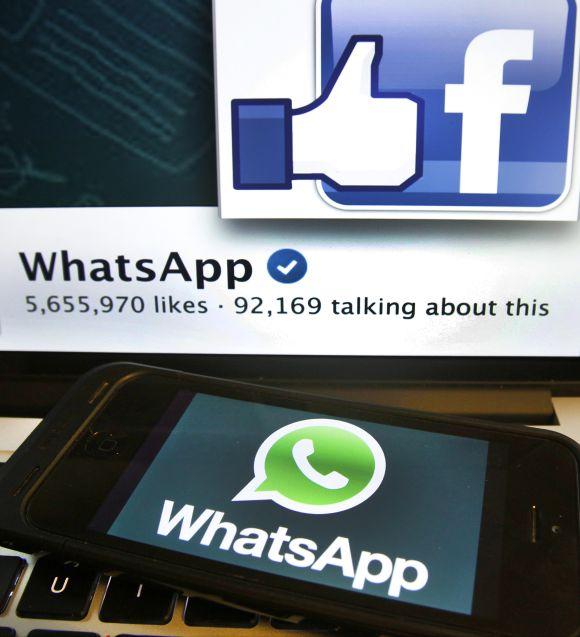
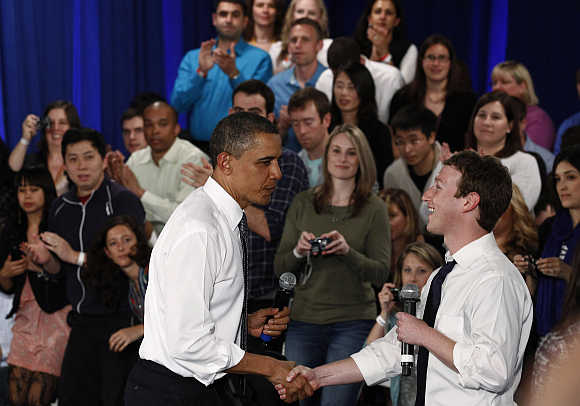
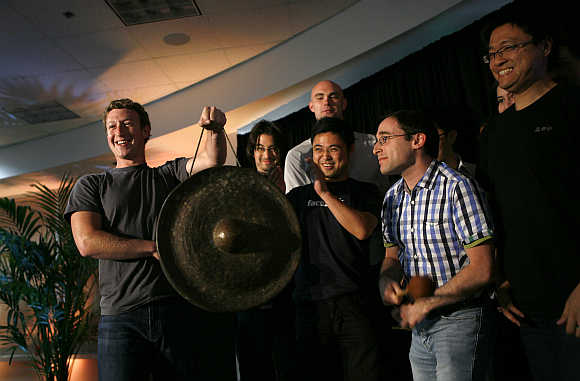
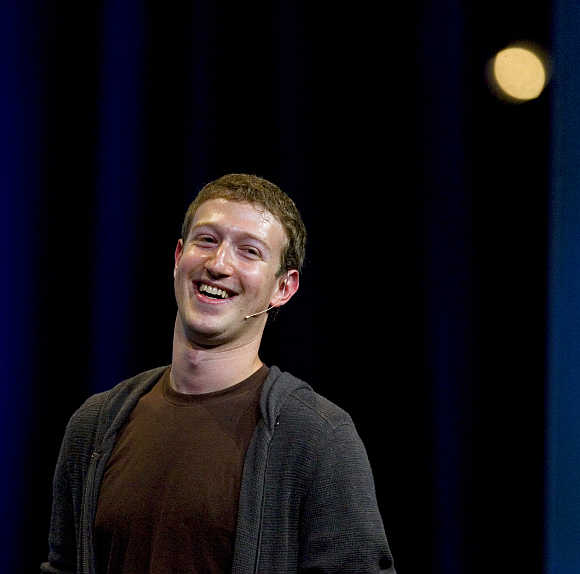
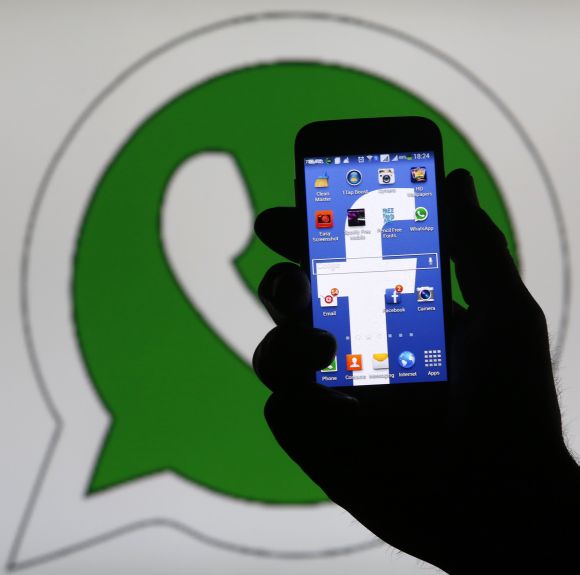
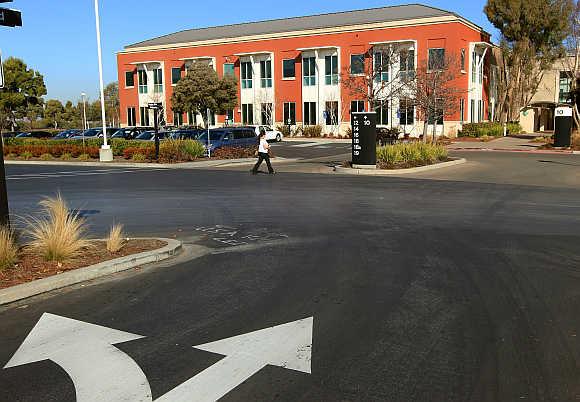
article